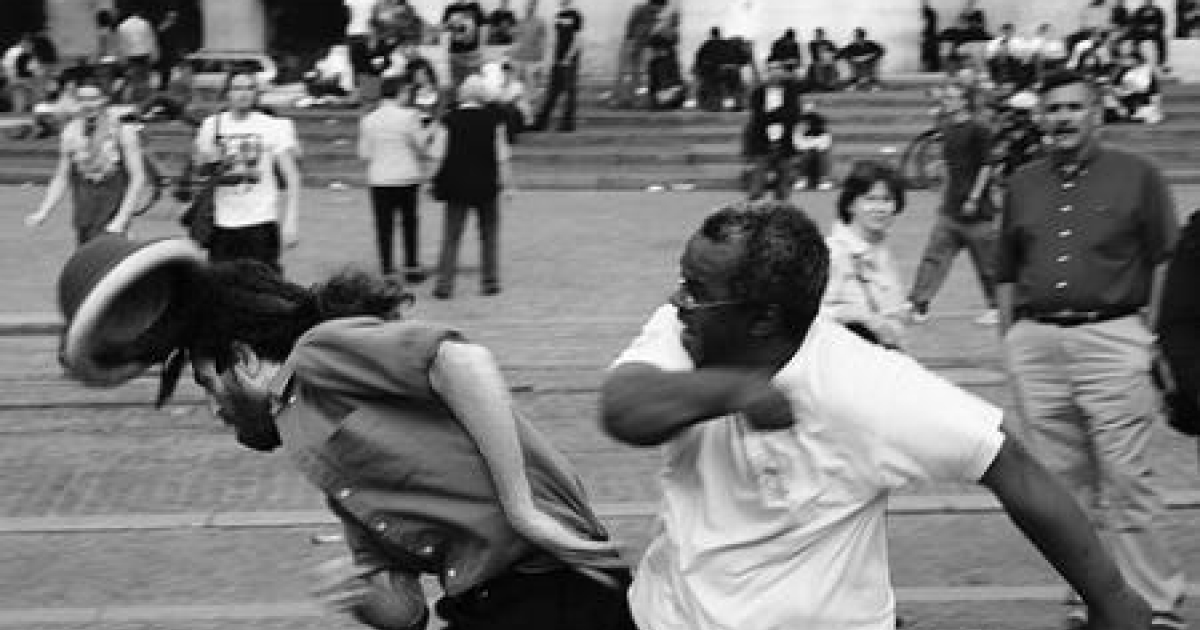
Who in Cuba has not used this famous phrase to refer that the end of some event has ended tragically? Without a doubt, what ends as “the Guatao festival” ends badly. Specifically, it ends in fights, beatings, and even deaths and injuries.
There is much speculation about the origin of the famous phrase that for centuries has remained in popular Cuban slang and about the magnitude of the events that ruined the aforementioned festival.
One of the most sustained versions is the one that recounts the events that occurred in the town in 1896.
El Guatao is a small town north of Havana, located near the Bauta stream. It was founded in 1750, and as in most Cuban country towns - dedicated to agriculture - its inhabitants have a deep roots in the popular festivals that to this day are celebrated according to tradition.
Well, it was at one of those parties, in 1896, the year in which the island was experiencing a turbulent political situation, due to the resumption of the war against Spain in 1895, that 200 Spanish soldiers, including civil guards and volunteers, commanded by the Captain Calvo, they carried out a massacre among the town's inhabitants. The town was famous among the Spanish authorities for the number of insurgents who lived there. The events ended with 18 dead and 32 seriously injured who later died.
Furthermore, there are other versions that have nothing to do with the liberating feat.
This is what originates the phrase in the brawl between a jealous lover and his lover when they went to one of the town festivals without their consent. They say that the offended lover began to hurl insults at the woman, who attacked him using the heel of her shoe. Soon, the townspeople took sides in favor of one side or the other and a big fight broke out.
In addition to the version of the jealous lover, there are those of the black Congos, who, drunk at a popular celebration, attacked each other with punches and machetes, and that of the peasants who were angry with their shoemaker for the poor quality of the footwear as a result of a heavy downpour that fell. during a lively party.
In short, it doesn't matter how many versions there are still about the origin of the famous phrase. They will all agree on the tragic outcome of the events they narrate. So it's better not to be in something that ends "like the Guatao festival."
What do you think?
COMMENTFiled in: